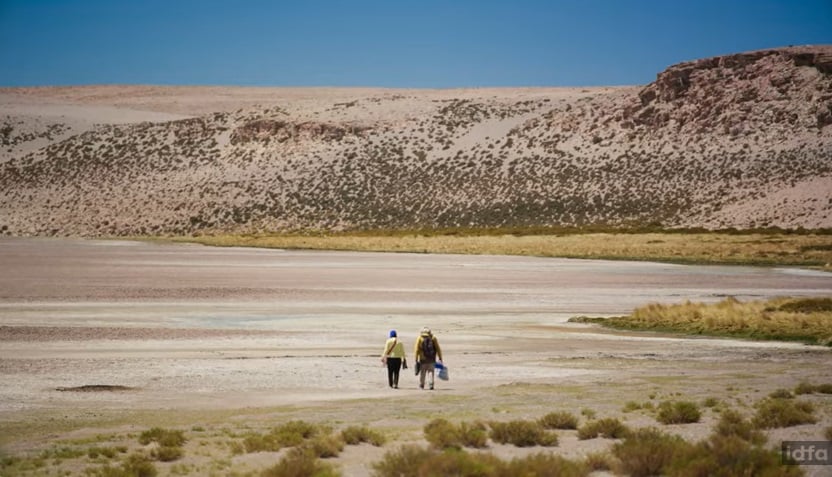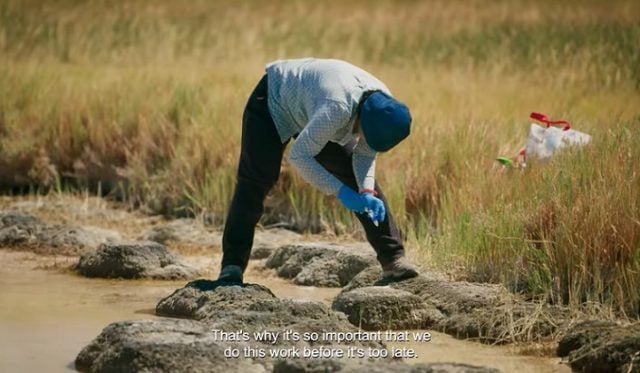Documentary on northern Chile’s salt flats produced with scientist Cristina Dorador wins nature’s “Oscar”

“Life Invisible,” a documentary that explores the wealth—and the mounting threats—of the high Andean salt flats in northern Chile, won first place in the “Science and Nature” category at the prestigious Jackson Wild festival in the United States, an honor widely regarded as nature’s version of the Oscars, Radio UA reported. The project is a collaboration between the Nobel Foundation and the UK production company Grain Media, with crucial support from a team of professionals and researchers led by renowned Antofagasta scientist Cristina Dorador.
Dr. Dorador, currently a visiting professor in Scotland, confirmed the milestone through Radio FM Universidad Antofagasta. “The Nobel Foundation in Sweden contacted us after learning about the work we’ve carried out in the salt flats over the past 17 years. The documentary was directed by Betina Perut and Iván Osnovikoff, two leading Chilean filmmakers,” the academic told the university station. Filmed around San Pedro de Atacama in January 2024, the film spotlights scientific research on aquifer dynamics, macrobiota and microbiota, and the search for bioactive compounds that could inform cancer treatments or new antibiotics.
In exclusive comments to Radio UA, the scientist expanded on the film’s core message: “It clearly presents the paradox between our scientific work, the push to exploit the salt flats for lithium, and the perspectives of the Indigenous peoples who live around them.” “Life Invisible” has already screened to strong acclaim at festivals in Canada, the United States, and the Santiago Film Festival, and is currently on display at the Nobel Foundation’s museum in Stockholm, alongside field tools used by the researchers.
Regarding the project’s wider release, Dr. Dorador told Radio FM Universidad Antofagasta: “The trailer is already available on YouTube and it will soon arrive on streaming platforms. The impact of this short documentary is very positive because it elevates our work globally and, above all, highlights the urgent need to protect our salt flats under pressure from the mining industry,” the researcher concluded.
Watch the trailer here

